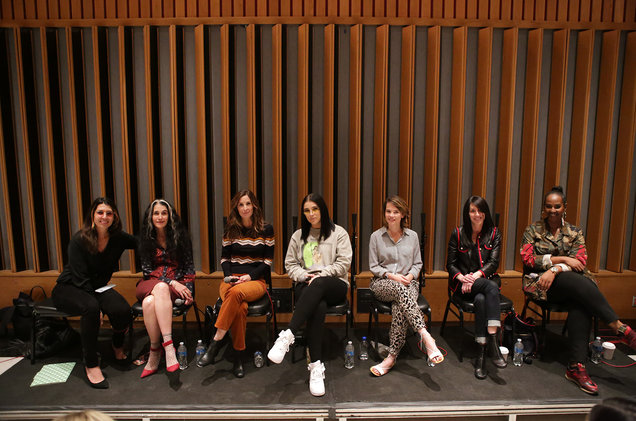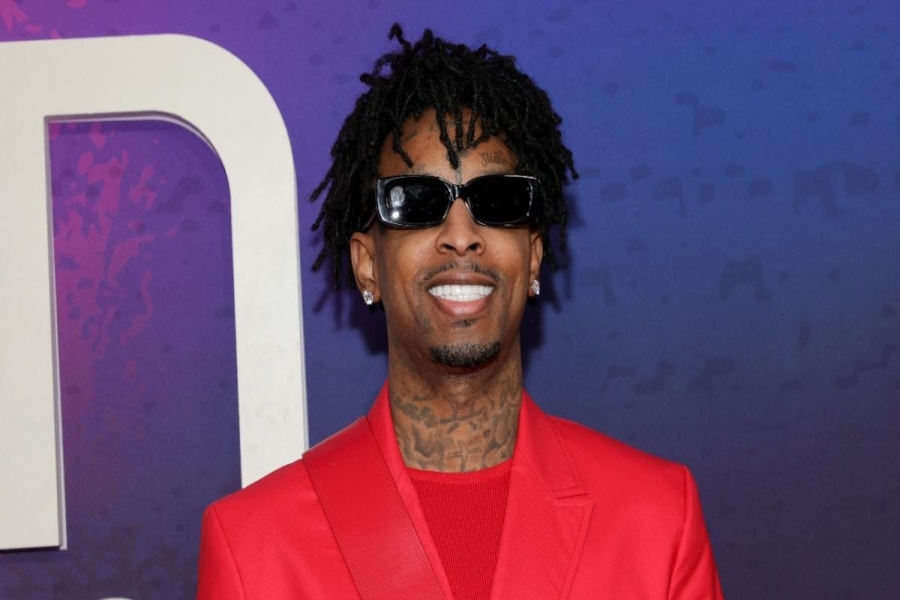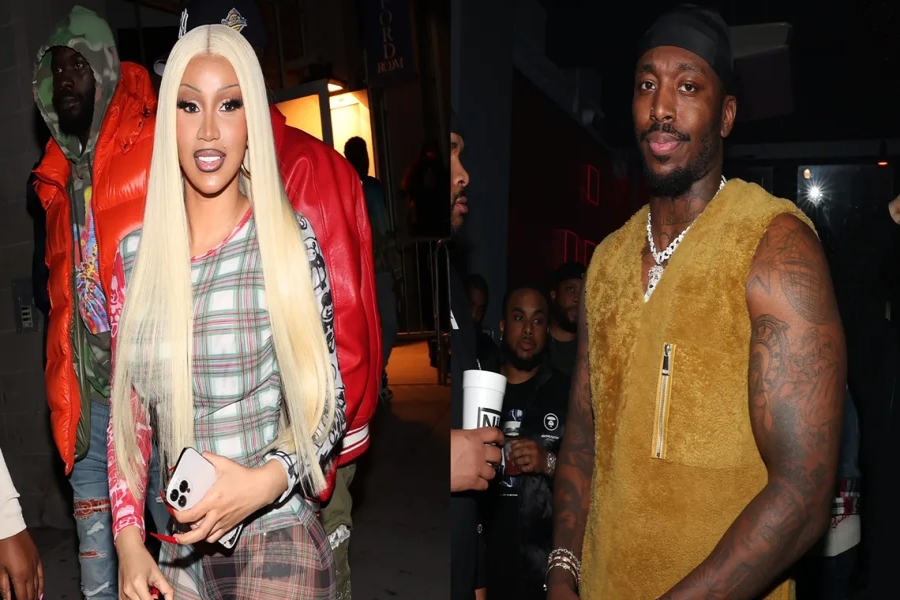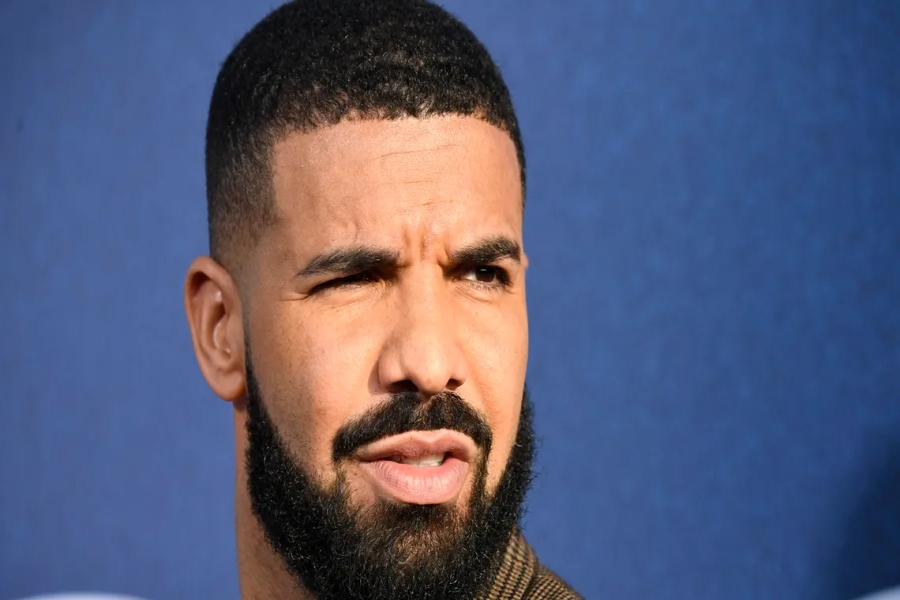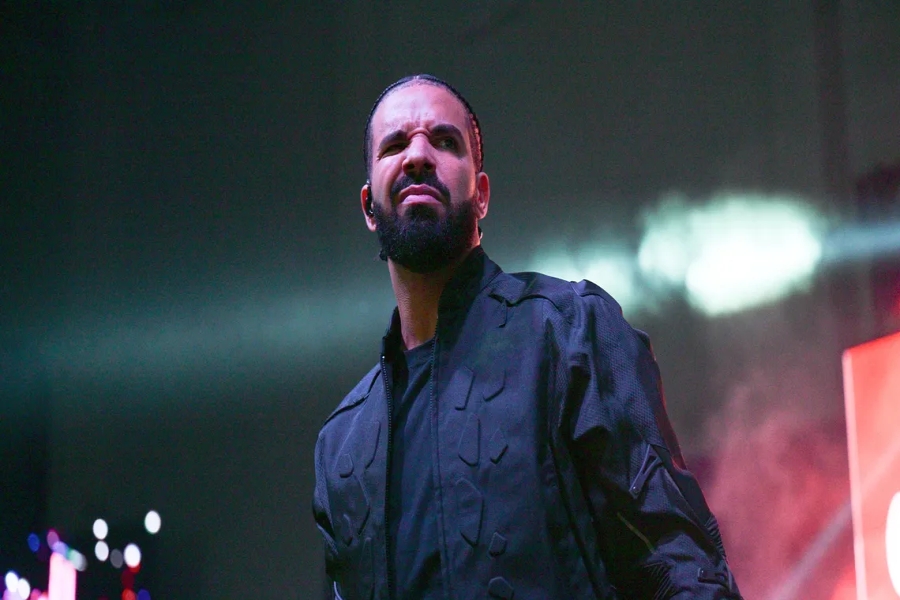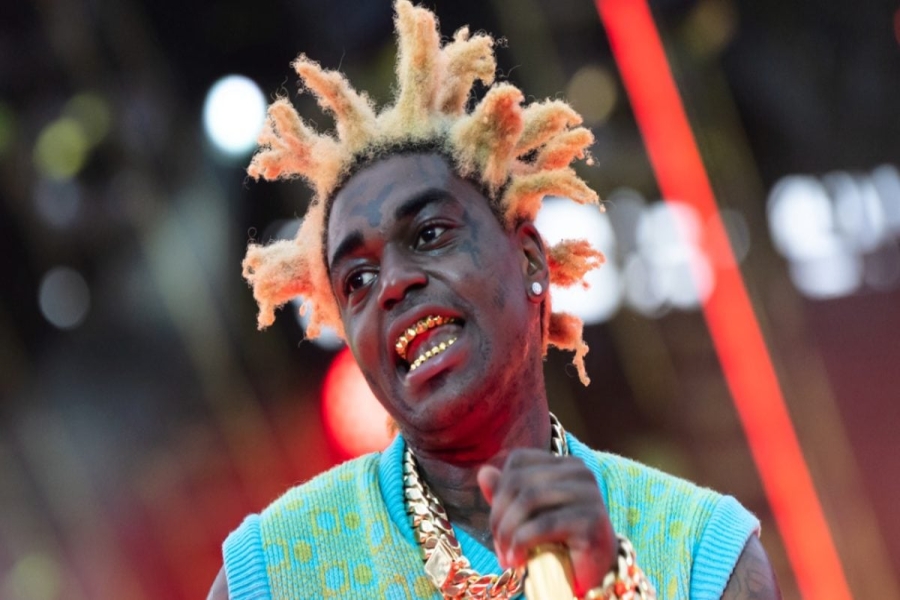The event brought together a panel of some of the music industry's leading female A&R executives: Ethiopia Habtemariam, president of Motown Records; Wendy Goldstein, evp at Republic Records; Maureen Kenny, svp A&R Atlantic Records; Ashley Calhoun, vp of Pulse Music Group; and Teresa LaBarbera Whites, A&R for Beyonce, P!nk and Britney Spears. Moderated by Maria Egan, president and head of creative at Pulse Music Group, the panel also brainstormed with the audience of mainly female songwriters and producers how to land more women in roles of influence.
Here are some of the takeaways from the discussion.
Aspiring female producers should see the lack of females in the industry as an opportunity to pave their own way.
Calhoun said she's always noticed a general underrepresentation of women, but she used it to her advantage when she was coming up in the business. "There is only one woman A&R? I want to be the second one," she said, noting that some people see it as a challenge in a good way and some people, like herself, see it as a moment to say, "I can do this!"
There are movements beginning to champion female producers.
One of the panelists pointed out that award-winning music producer, engineer and singer-songwriter Ebonie Smith has started a movement called Gender Amplified that strives to celebrate and support women music producers. "Her website lists hundreds and hundreds of female producers and engineers. It's one step in the right direction," said Kenny, who encouraged the females in the room to check it out. Another member of the audience revealed that she recently started a WomenMusicProducers Instagram page with the same mission in mind.
Talk up your female colleagues. If they're talented, their gender shouldn't matter to anyone.
When Goldstein is hiring a producer, she said she goes for whoever suits the artist the best. "With hip-hop, for example, my experience is usually the artist is their best producer; the rapper usually has a specific understanding of the record that they want to make and they shepherd it around," she said.
LaBarbera Whites encouraged her colleagues in the room to advocate for female producers that they can personally stand behind. "If you know of a female producer, you need to pump her shit up because everyone wants what they hear about," she said. "It's our duty to talk those women up and give them help develop their name," she said. LaBarbera Whites went on to say that she never asks, "Is this person male or female?" when hiring someone for a gig and that gender shouldn't matter, talent should speak for itself. "They could be an alien or your dog," she said. "I don't care who wrote it, if it's a hit. And nobody really does."
Look at how other women are doing it and take notes.
Calhoun coined music producer and songwriter Shakari Linder, who works as TRAKGirl, as a genius at marketing and told aspiring producers in the room to take note. "She is like the voice of women producers. She is great at marketing herself. She understands that she has to get her voice out there. Nobody else is going to do it but here. She is not managed. She does everything on her own and she is doing incredible," she explained, adding that if you are a producer, look up to TRAKGirl as an example of how to get your name out there. "She is literally in DC working a 9-to-5 at the government and still doing this shit," she said. "If she can do that, anyone else can do that."
Calhoun also brought up songwriting powerhouse Starrah as an example of another woman who has worked hard to get herself ahead in a male-driven industry. "Starrah is the biggest writer in the music business right now and she's a female," she proclaimed. "Look at her for inspiration!" Goldstein added that Julia Michaels is another shining example of a female who hasn't been afraid to push ahead in order to break through.
Female songwriters should take leadership roles in the studio.
"If you look at pop music right now or even R&B, the majority of writers and songwriters are female, so we have to encourage those female songwriters to take it one step further and producer writers." said Goldstein. "Because there are male counterparts who have less success than them that are like, 'I'm producing this,' and we need to drive home this messaging to these younger women that 'We can do it.'"
Look to fans, not labels, for power.
"It's really not about the record labels anymore. It's about you developing a relationship with music fans," said Egan, who noted that today a female producer or songwriter can absolutely "have a career now without us, which was not true 10 years ago." She encouraged female producers to find an artist, work with them and go from there. "Pretend labels don't exist," she continued. "Just think about the music. Approach it, like, just go find your first 10,000 fans. You can build a business off of 10,000 fans. If you've done that, our job becomes easier."
Kenny agreed, saying that female producers should team up with artists, produce tracks and put them up on a Spotify or SoundCloud page. "I would encourage women who are working or aspiring producers to be your own scout and find new artists that are doing it DIY and connect with each other and make music and create a page or a SoundCloud page for yourself that has a list of productions you worked on," she said. Kenny noted that it doesn't matter if the artists have a huge profile or a ton of streams. "If you are creating a page with really hot tracks and really interesting music, that is what we want to hear," she said.
Don't let the idea of her being a woman in the music industry hold you back.
"Coming up in my career, I'm first generation Ethiopian, grew up in the South, but I never thought about being a woman or a woman of color as being an issue that would hold me back from achieving whatever it is I wanted to do in the world," said Habtemariam. "I look back on it thinking that was actually a beauty for me because I continue to be fearless. If you have an issue with me being a woman or a woman of color, that's your issue, not mine. I do know the difficulty that's real. It exists. We know the facts, but you have to make a decision to focus on your art, your gift, your talent, your work ethic and do whatever it takes to make sure you are heard. If you put those blinders on and focus in that way, you will achieve whatever it is you are looking for in the music space."
Does the music industry need affirmative action policies similar to Hollywood's?
Goldstein said it's tricky: "Personally I'm conflicted about affirmative action because I feel that yes we should try harder to include women in certain things but I also feel like our ultimate job is to have the best recording artists and that's whatever it takes. Some guys are only good with working with guys. Some guys are only good with working with women, some women are only good working with women." She added that from the record company's perspective, the artist has to dictate who they want working with them.
Habtemariam said, "I do think that we have to be a little bit more deliberate." I'm conscious of it and I try to mentor women but I think every department should be diverse." She added that a female perspective, even on a male record, can go a long way in helping the project to be fully formed. "I think it is our responsibility to help make things more diverse and I know personally I'm thinking about how to make changes," she said.

